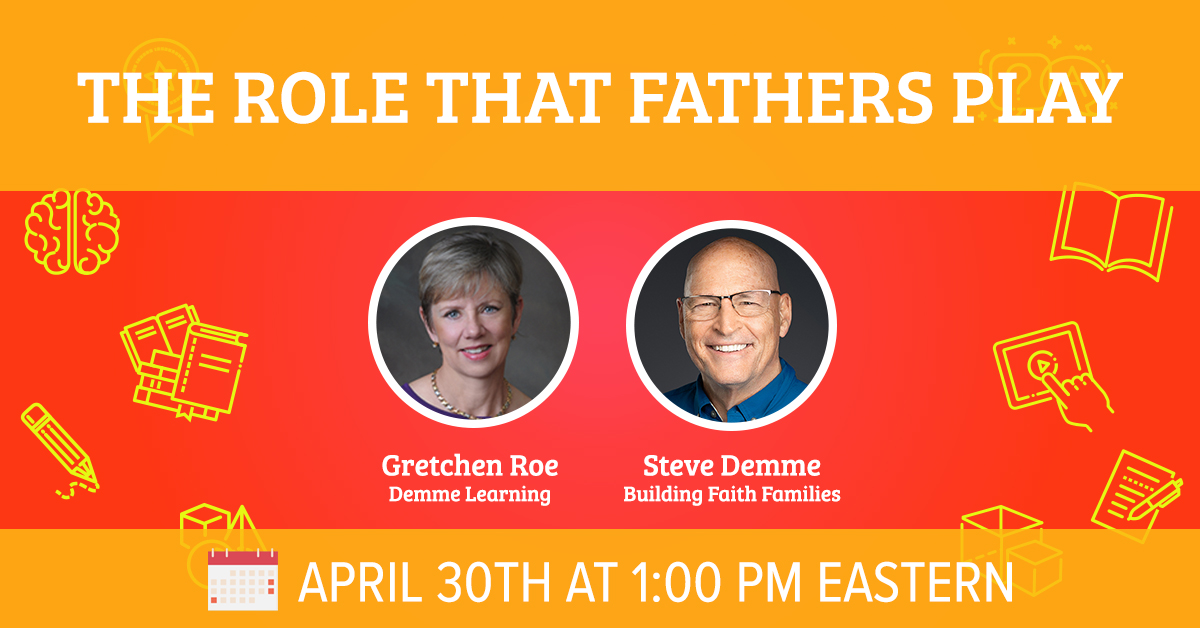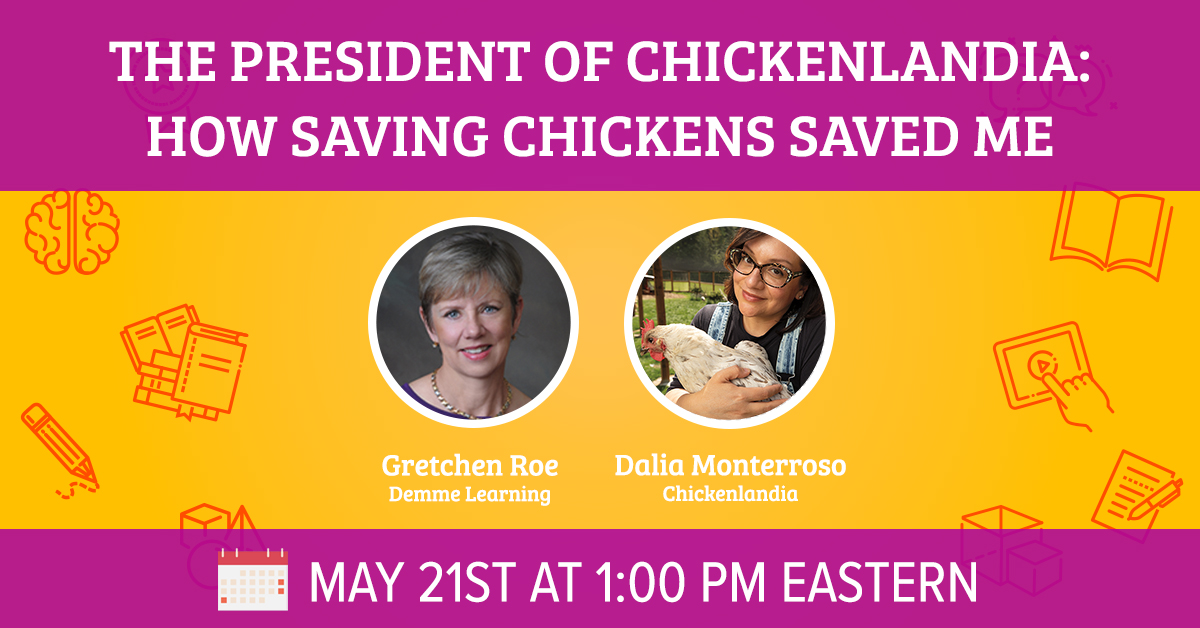Unveiling Primitive Reflexes: Understanding Their Impact on Learning and Development
Online (Link in the description)Free Virtual Event
Join Sarah Collins, OTR/L, for an enlightening episode as she delves into the world of primitive reflexes. Sarah will provide a comprehensive review exploring their definition, functions, and the critical role they play in shaping our children’s abilities. Gain a deeper understanding of how unresolved primitive reflexes can hinder academic success and emotional well-being in children.
A recording will be emailed by the end of the week.





